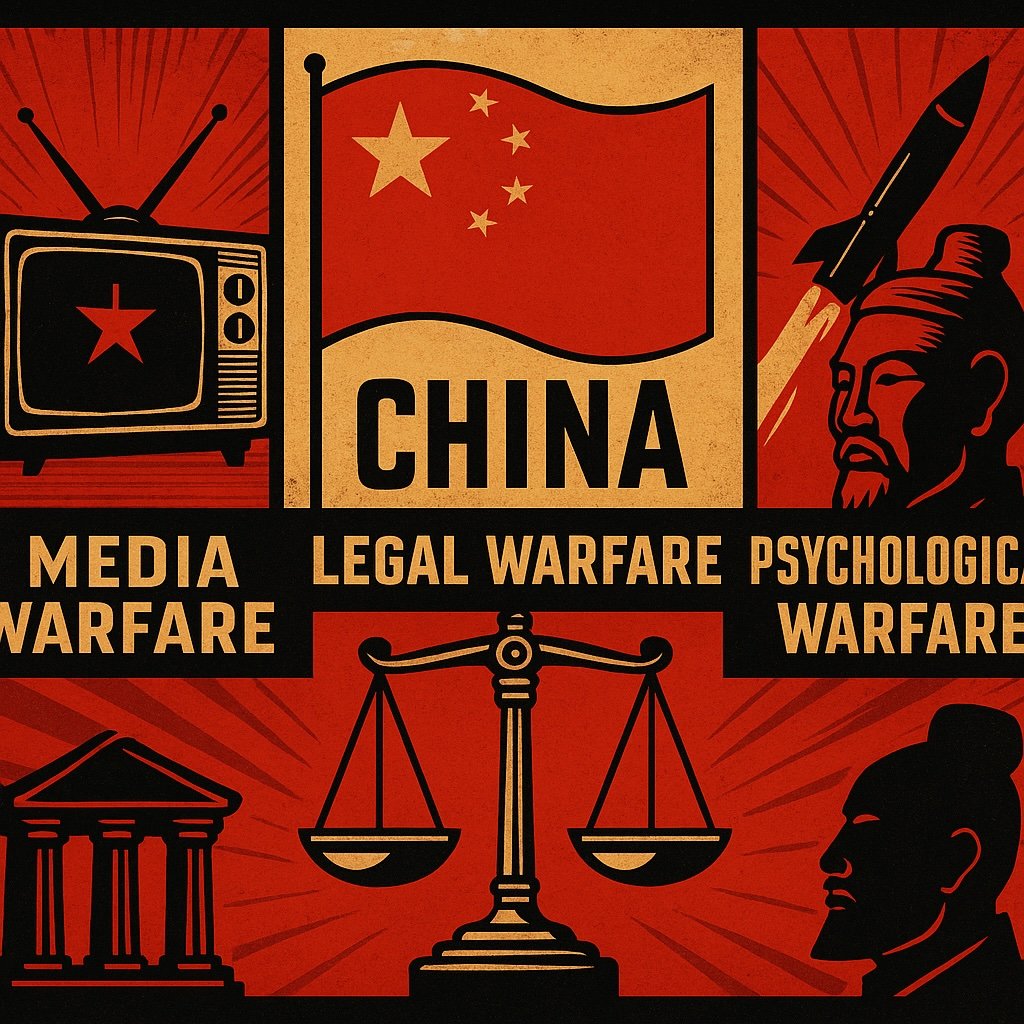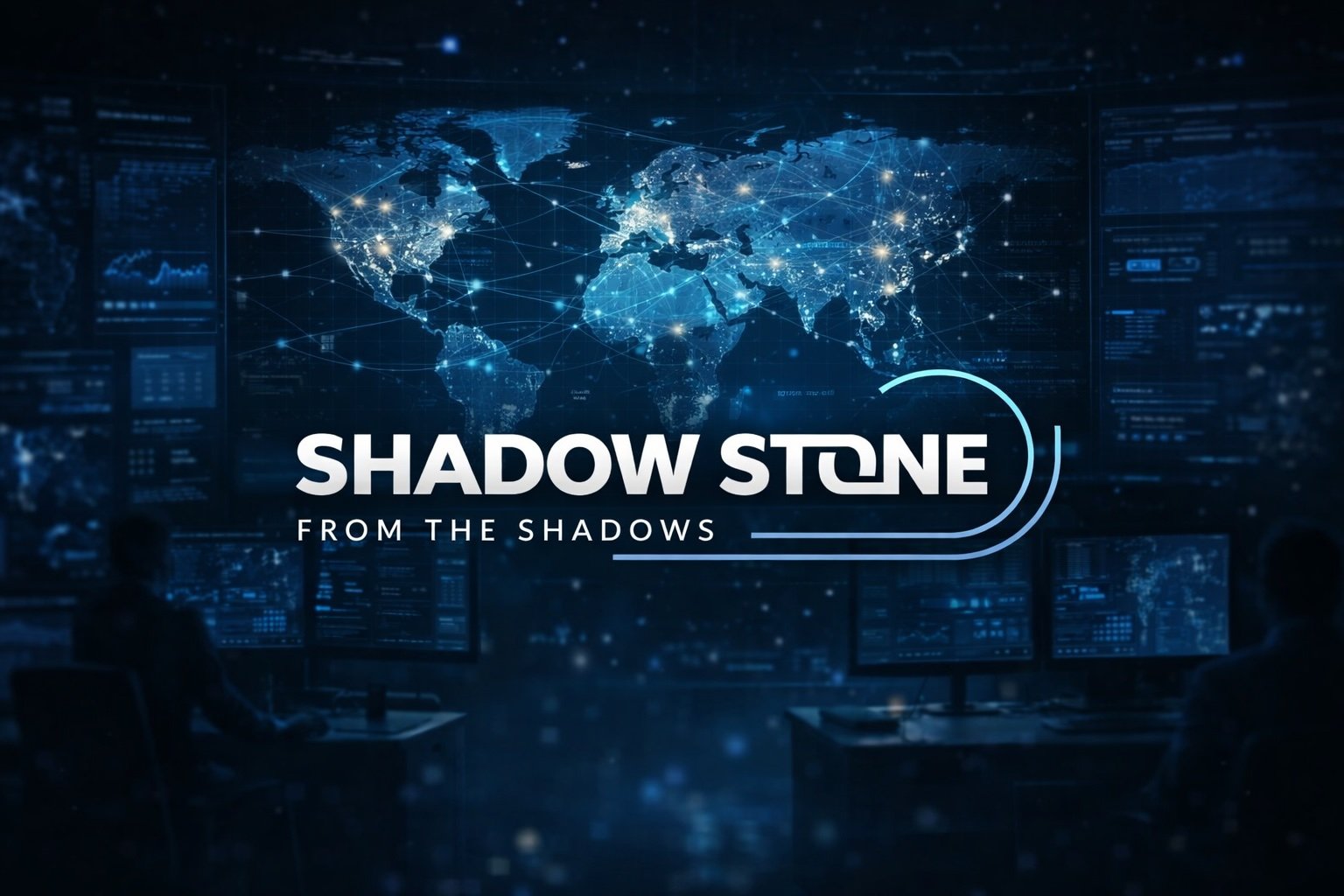China’s approach to irregular warfare blends thousands of years of strategic philosophy with the tools of the digital age. Rooted in Sun Tzu’s belief that the greatest victory is the one achieved without fighting, Beijing has adapted these ideas into a contemporary doctrine known as the Three Warfares—a coordinated mix of media, legal, and psychological operations designed to shape the global environment long before any conflict becomes kinetic.
A Different Kind of Warfare
In the Chinese strategic mindset, irregular warfare isn’t a supporting effort; it’s the main effort. The People’s Liberation Army views influence, subversion, intelligence, and narrative control as central to national power. These tools operate in parallel with conventional forces, allowing China to shift conditions on the ground quietly, gradually, and often without the world noticing until the advantage is already secured.
Media Warfare: Controlling the Story
Beijing places enormous emphasis on controlling how events are perceived both at home and abroad. State media networks, aligned influencers, and global information channels work together to legitimize China’s actions while diluting or discrediting opposing viewpoints.
Narratives around territorial claims, sovereignty disputes, and accusations of “foreign interference” are carefully amplified to frame China as either victim or rightful authority. The goal is not merely persuasion—it’s dominance of the information environment. When China shapes the story, it shapes the options available to everyone else.

Legal Warfare: Turning Law Into a Battlefield
China also wields the legal domain as a strategic tool. Through selective interpretations of international law, strategic filings, government white papers, and jurisdictional maneuvers, Beijing uses legal arguments to create the appearance of legitimacy for actions that might otherwise draw global resistance.
This approach has been central to China’s activities in the South China Sea, where legal narratives are deployed to counter international rulings and to challenge U.S. military presence. When legal arguments muddy the waters, China gains time, space, and diplomatic leverage.
Psychological Warfare: Targeting Willpower and Decision-Making
Psychological operations are the quiet pressure points in China’s irregular warfare toolkit. They aim to influence decision-makers, fracture alliances, and erode the confidence of adversaries. China uses intimidation, disinformation, economic coercion, and even displays of military strength to introduce uncertainty and hesitation into the minds of its rivals.
This isn’t limited to militaries. Businesses, governments, civil society groups, and diaspora communities are all targets. The objective is simple: make opponents question themselves before they ever challenge Beijing.
One Strategy, Many Fronts
What makes the Three Warfares so effective is how tightly they are integrated. Media narratives reinforce legal positions. Legal arguments provide cover for psychological pressure. Psychological operations magnify the impact of media messaging. It’s a full-spectrum effort involving the PLA, intelligence agencies, state media, the United Front Work Department, and global networks of aligned organizations.
To China, warfare is not a single domain—it is everything. Public discourse, law, technology, economics, diplomacy, and culture all become operational terrain.
The Road Ahead
China’s use of the Three Warfares represents a sophisticated, long-term campaign to shape the world in ways that serve its strategic ambitions. It is gradual, persistent, and designed to achieve outcomes without open confrontation—exactly as Sun Tzu envisioned.
For governments, corporations, and institutions operating globally, understanding this strategy is no longer optional. The battlefield has already expanded to include information flows, legal frameworks, supply chains, and the psychological resilience of societies. The question now is whether the rest of the world can adapt fast enough.





